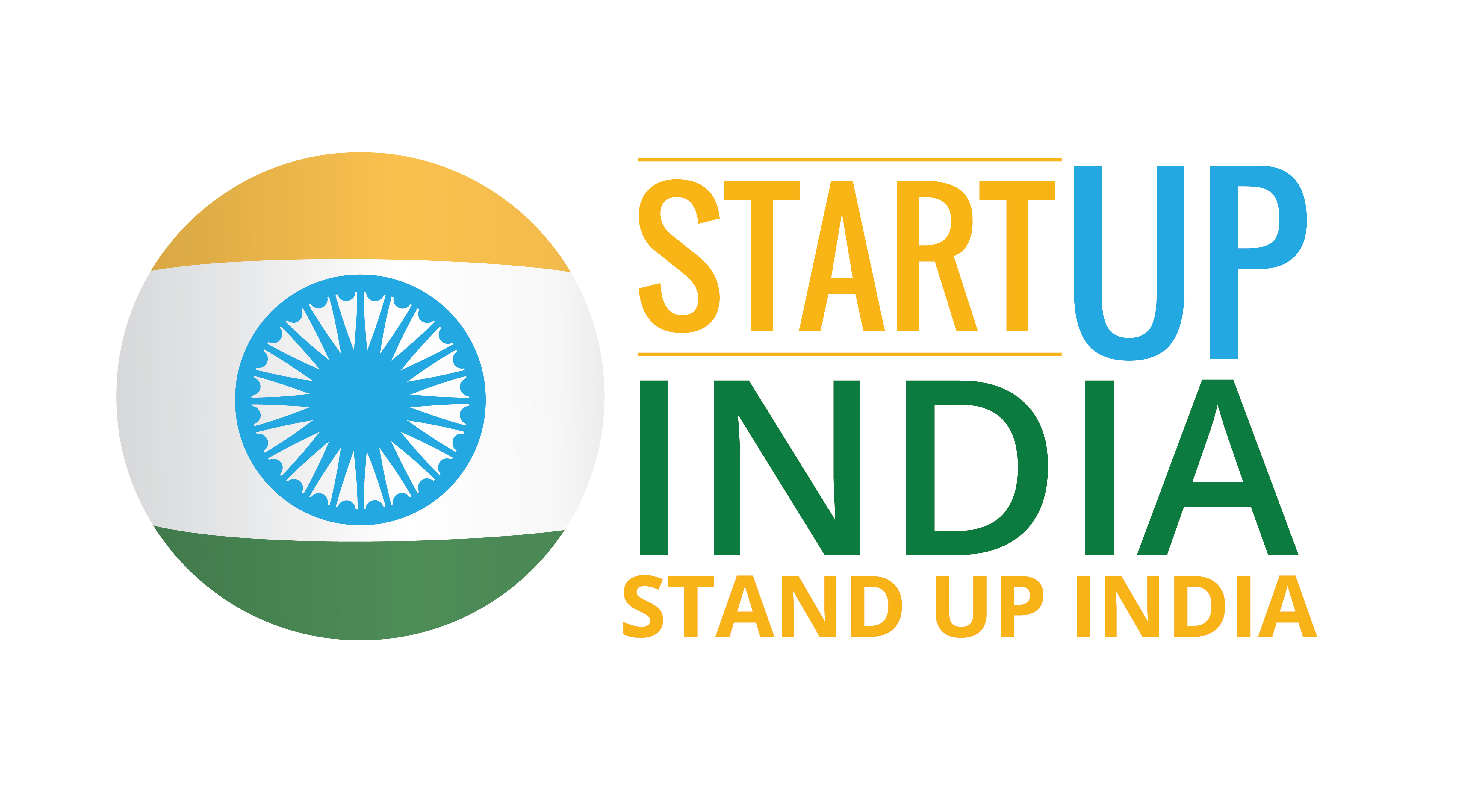Award winning 75F Inc is headquartered in Minneapolis and was launched in 2012 by two entrepreneurs of Indian heritage, Deepinder Singh and Pankaj Chawla (who is an Indian citizen and has been overlooking the R&D centre in Bangalore). The startup builds solutions in heating, ventilation and air conditioning (HVAC) using Internet of Things (IoT) and cloud computing specifically for commercial buildings. They launched operations in India in August 2016, and hopes to hit rupees 100 crores in revenue by end of fiscal year 2018-2019.
We speak to the founders trying to reach this hefty goal to find out more:
Launching your business in India, what’s your biggest learning about your Indian clients?
Large or small, the Indian business consumer is looking for efficiency and comfort, power in the palm of his hand, at a cost that is affordable.
Tell us more about 75F and its business
75F creates solutions that harness the power of IoT and cloud computing to predict building needs and manage them proactively, making buildings more energy-efficient, automated, smart and comfortable.
We compete with the likes of Honeywell & Johnson Controls. Nevertheless, has attained significant traction in the US market.
We have recently launched our award winning ‘dynamic air flow balancing’ technology in India also known as ‘The Internet of Air’.
Leveraging IoT design philosophy and the power of cloud computing, this technology will achieve what was once thought to be only theoretically possible. That is continuous commissioning or perfect air balancing while driving energy efficiency.
Is 75F coming to India as the second market directly after USA? Or is it
present in other countries already? And why India?
Yes, 75F came to India directly after the USA, setting up its first international office in Bengaluru.
India was the choice of expansion because our R&D team is already present in India – they help develop faster-time-to market solutions and the HVAC solutions designed for India can easily be replicated for the Asian region. In addition, India is a promising market with 10-12% CAGR, so India was a natural first market to expand to.
What is the market size for commercial IoT in US vs. India?
In our area of expertise we estimate the market for intelligent commercial buildings in the US to be approximately 5 billion dollars and in India to be approximately 1 billion dollars.
What are the future plans of 75F in India?
We plan to establish ourselves in a few verticals, for example, IT/ITeS, healthcare and hospitality, in about 4 major metros, in the next 2-3 years.
In addition, new building deployments represent an enormous opportunity with Indian economy appearing to be robust for the medium term growth. And much larger than that are the existing buildings, given that our solution is retrofit-friendly.
There are a few new companies in this sector and all of them only mention Honeywell as a competitor. Could you share your honest opinion on who can become the market leader for commercial IoT automation in India?
While there are many players in the building controls sector, there really are none that provide the entire solution – from HVAC airflow management to building automation, sensors and controls, to big data analytics. No other player in the market offers predictive, proactive controls that are truly based on cloud-computing and IoT. Others use legacy on-premise server architecture with the inherent costs, complexity, maintenance issues and limited life.
Source:http://bwdisrupt.businessworld.in/article/American-Indian-IoT-Startup-75F-targets-100-Crore-In-India-By-2018-19/12-10-2016-106812/

